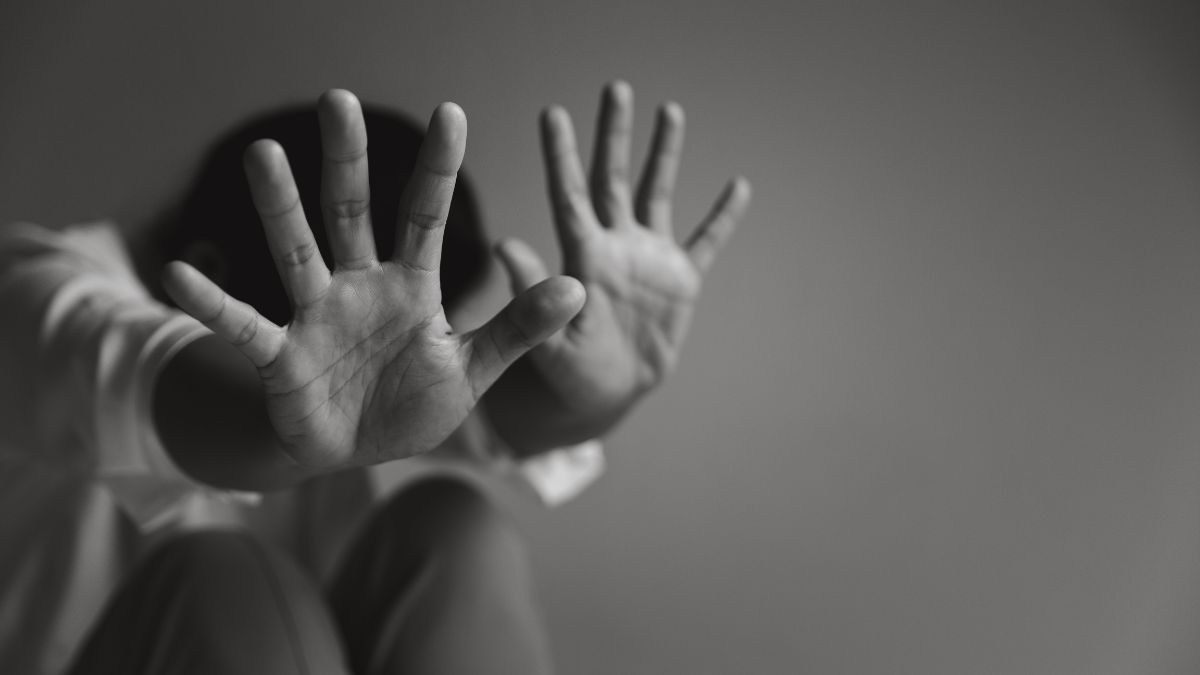A woman, a scrap collector in Ujjain, Madhya Pradesh, became the victim of a horrific crime after being forced to drink alcohol by a man, Lokesh, who promised to marry her. This incident has sparked outrage and has become a stark reminder of the need for improved safety and justice for women in India.
The Incident and its Aftermath
On Wednesday, Lokesh allegedly made the woman consume alcohol, after which he raped her. He further threatened her to stay silent before fleeing the scene. The incident was captured on video by bystanders who, unfortunately, didn’t intervene. It was only after sobering up that the woman reported the assault to the police. Lokesh was promptly apprehended by the police following her complaint.
The Public Reaction
The public outrage, triggered by the video of the assault, has been palpable. Social media has been flooded with condemnation, demanding stricter action against the perpetrator and emphasizing the need for a safe environment for women. The incident has become a catalyst for conversations surrounding women’s safety and justice.
Political Condemnation and Calls for Action
The incident has also drawn severe criticism from political leaders. Congress leader Jitu Patwari voiced his condemnation of the state government’s handling of law and order in Ujjain. He expressed shock at the incident, calling it a sign of the deteriorating security situation in the city.
Patwari further lamented the government’s focus on national incidents, overlooking crimes committed within the state. He specifically pointed out the silence surrounding the incident in Madhya Pradesh Chief Minister Mohan Yadav’s constituency, contrasting it with the government’s proactive response to national incidents like the RG Kar Medical College & Hospital rape case.
Calls for Accountability and Reform
The incident has intensified the call for the authorities to be held accountable. The lack of intervention by bystanders has further highlighted the urgent need to address apathy towards such crimes. People are calling for an atmosphere where citizens are encouraged to intervene in such situations, ensuring victims get the necessary support and protection.
Beyond Ujjain: A Systemic Issue
The Ujjain incident unfortunately isn’t an isolated one. It is a stark reflection of the larger issue of violence against women in India. The recent rape and murder of a 19-year-old Scheduled Caste girl in Bidar, Karnataka, is another chilling example of this systemic problem.
While the incidents and their contexts may differ, the root causes of these crimes often stem from a deep-seated patriarchal mindset that allows for such violence to go unchecked. These acts demand more than just condemnation. They require a comprehensive societal transformation – from fostering a culture of respect and equality to enacting stringent laws and ensuring their effective implementation.
A Call for Action
The incidents in Ujjain and Bidar are wake-up calls for a necessary change. They demand action on multiple fronts.
Immediate Action:
- Enhanced law enforcement: The incident in Ujjain underscores the importance of efficient and prompt response to crimes against women. Law enforcement needs to prioritize these cases, ensure fair investigations, and swift judicial processes.
- Increased sensitization and training: Law enforcement officers require extensive training to address gender-based violence sensitively and effectively. They need to be trained on procedures to handle such cases with empathy and respect for the victims.
- Prevention and Education: Educational programs focusing on gender equality, consent, and bystander intervention should be introduced in schools, colleges, and communities. This fosters a generation that understands the importance of preventing such incidents.
Long Term Solutions:
- Addressing the root cause: A cultural shift towards gender equality and a zero-tolerance approach to violence against women are critical.
- Effective legal frameworks: Strong laws are crucial, but their effective implementation is equally important. There needs to be a strong focus on empowering women to report crimes without fear of stigma and on delivering justice for those who have been harmed.
- Supporting victims: Adequate support services, including mental health assistance and legal aid, must be made readily available for victims. They require assistance not only during the initial stages but also throughout the long process of recovery.
Take Away Points:
- Violence against women is a systemic problem that requires multi-faceted solutions.
- The incidents in Ujjain and Bidar are grim reminders of the urgency to address this issue.
- Immediate action includes robust law enforcement, increased sensitization and training, and effective prevention through education.
- Long-term solutions involve cultural change, strong legal frameworks, and comprehensive support for victims.
- Creating a safe and just environment for women in India is a collective responsibility.




